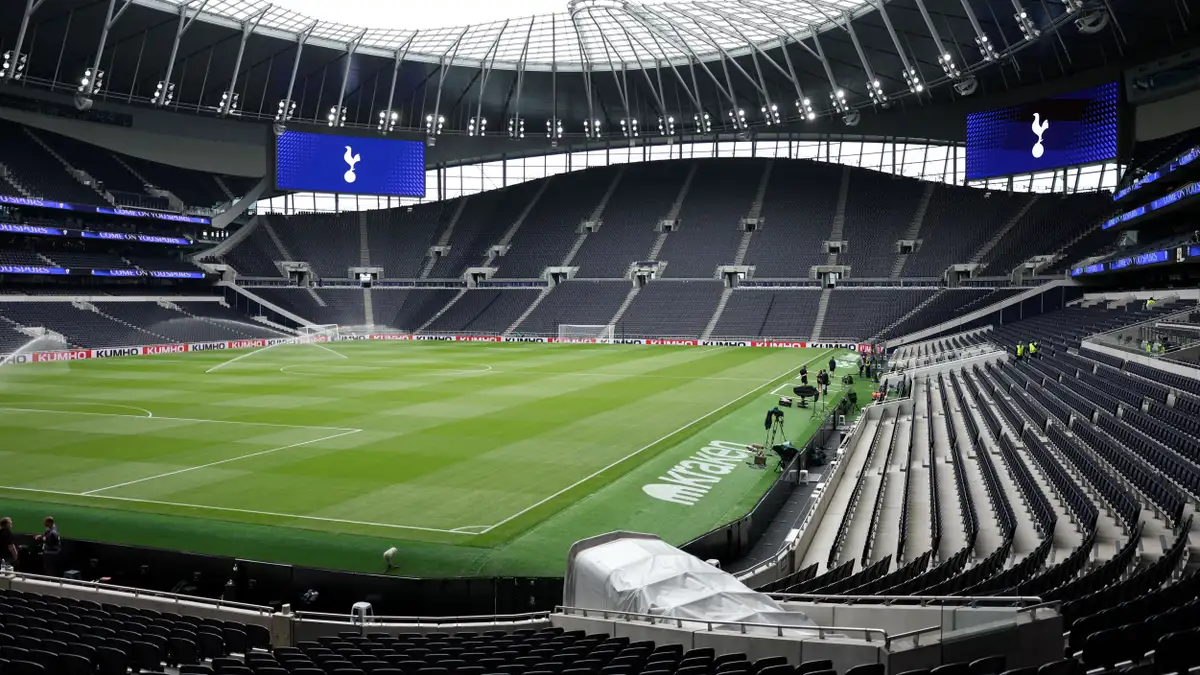
Tottenham Spark Fury From Locals With Plans to Build Women’s Academy on Ancient Woodland
A Dream for Spurs, A Nightmare for Campaigners
Tottenham Hotspur find themselves at the heart of a brewing storm. On the one hand, the North London club is pushing forward with an ambitious plan to expand its footprint in women’s football by building a brand-new women’s academy and training complex. On the other hand, furious campaigners say the club’s chosen site — Whitewebbs Park in Enfield — represents an irreplaceable piece of ancient woodland that should never be touched.
What might have been a positive story for Spurs, investing in the women’s game and offering top-class facilities, has now turned into a public relations headache. Protest banners, petitions, and grassroots activism are quickly gathering pace, and the fight is shaping up to be one of the most controversial football-related development projects in recent memory.
What Happened?
According to reports in The Metro, Tottenham have agreed a deal with Enfield Council to lease 53 hectares of land at Whitewebbs Park for a period of 25 years. The club’s plan? To transform part of the park into a state-of-the-art facility featuring 11 football pitches, a clubhouse, and supporting infrastructure.
However, the proposed development site isn’t just any patch of land. Campaigners claim it is home to ancient trees, diverse vegetation, and several rare species of wildlife. To them, this is not simply a question of football versus green space — it is a matter of preserving a unique ecological environment that cannot be replaced once destroyed.
The Bigger Picture
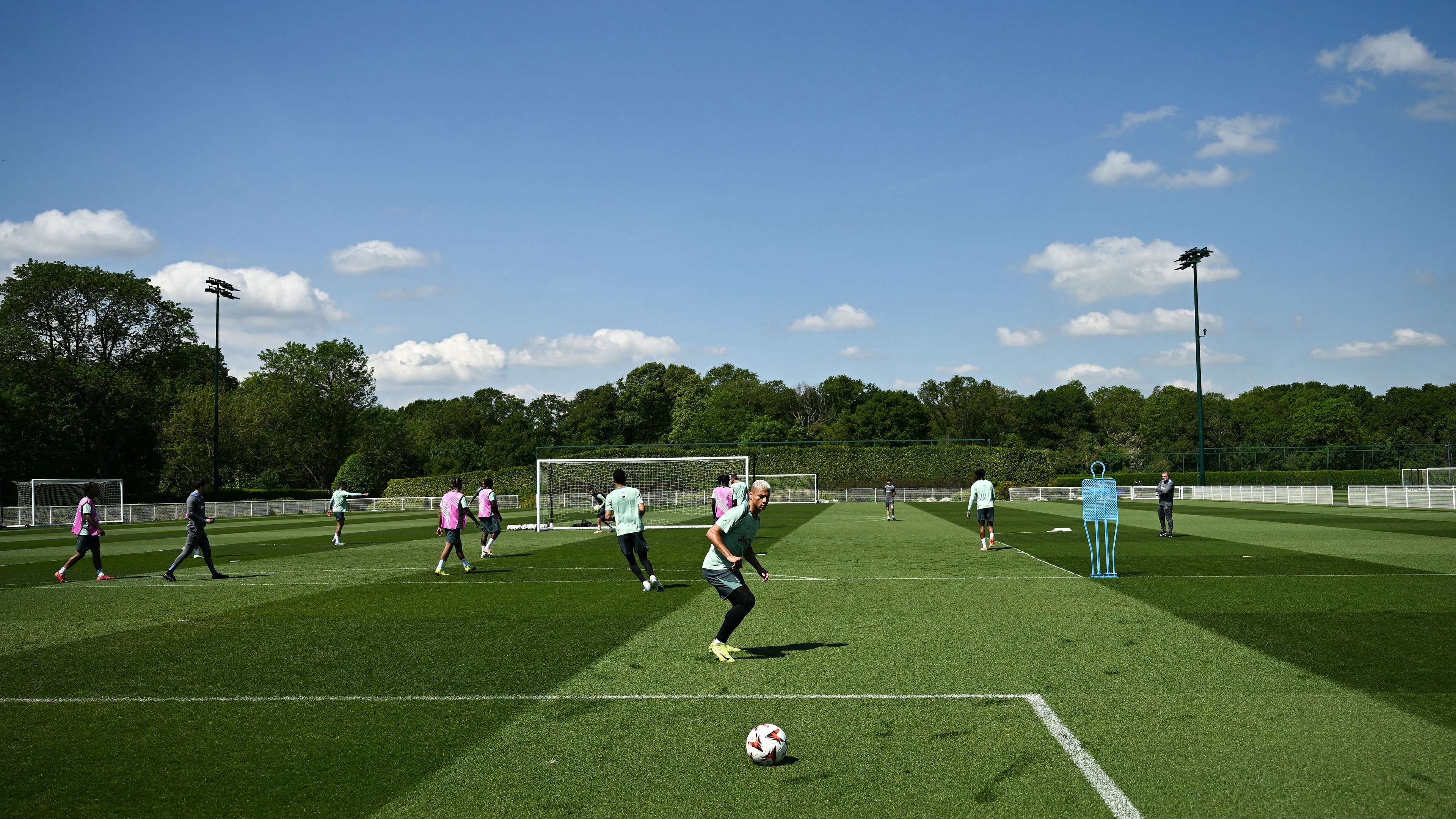
FBL-EUR-C3-TOTTENHAM-TRAINING
Tottenham argue that the plans will bring far-reaching benefits. Their official statement has stressed that the project would “improve local access to nature and habitats, and provide new facilities for visitors, community groups, and sports clubs.”
The club has also pledged to create opportunities for local young players, particularly girls, to develop their football skills in professional-standard surroundings. For Spurs, the women’s academy represents a long-term commitment to growing the women’s game and embedding it more deeply into the community.
But critics argue the justification doesn’t hold up. After all, Spurs already boast an impressive facility at Hotspur Way, located just across the road. That site features 17 training pitches and world-class facilities that cater to the men’s first team, youth teams, and coaching staff. To campaigners, the question is obvious: Why sacrifice ancient woodland when space already exists?
The Environmental Cost
Opposition groups have been vocal in their warnings about the ecological damage the Spurs project would cause. They claim that more than 16 hectares of green space would be lost, and around 207 adult trees would need to be cut down to make way for the pitches and buildings.
For local wildlife — including bats, birds, and smaller mammals that rely on the woodland — the development could be devastating. Campaigners argue that the plans run counter to the wider environmental commitments that London, and indeed the UK, have pledged to uphold.
One local activist described the project as “greenwashing on a grand scale”, suggesting Spurs are presenting their academy as eco-friendly while in reality causing irreversible harm.
Did You Know?
-
Whitewebbs Park was originally opened to the public in the 1930s and has long been considered a vital community green space in Enfield.
-
Spurs will reportedly pay £2 million for their 25-year lease — a sum some locals feel is “a bargain basement price” for such valuable land.
-
Campaigners have suggested that Spurs could achieve their goals by redeveloping parts of Hotspur Way, rather than clearing woodland.
-
The women’s game is booming in England, with record attendances in the Women’s Super League and the national team enjoying global success. Spurs say they want to be part of that future — but not everyone agrees with their chosen method.
What Next?
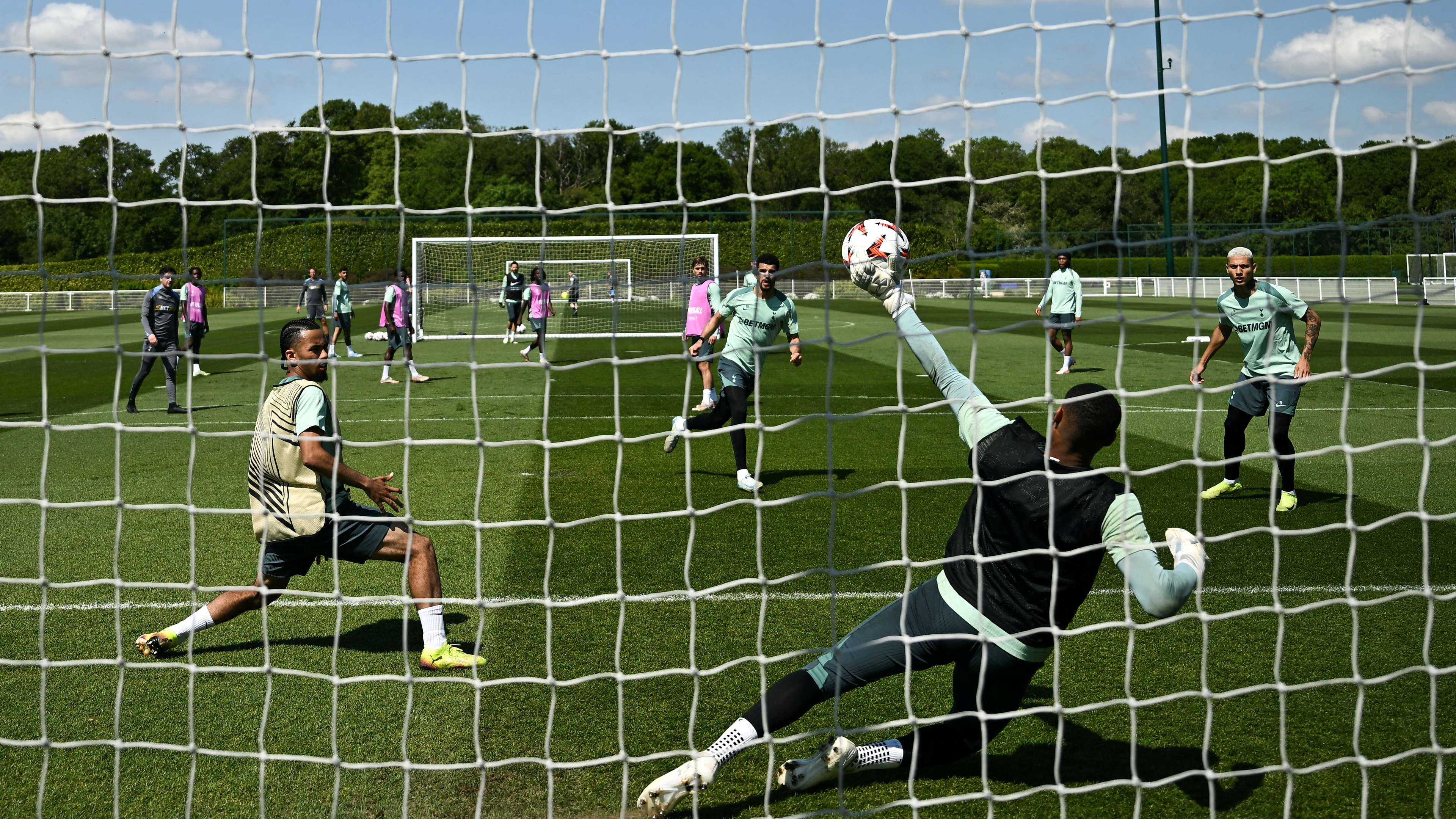
FBL-EUR-C3-TOTTENHAM-TRAINING
The situation is set to escalate in the coming months. Campaigners are reportedly preparing to launch a legal challenge in an attempt to overturn the council’s decision. They hope to argue that the development breaches planning and environmental regulations, and they believe public opinion is firmly on their side.
However, the project already cleared major hurdles earlier this year. Enfield Council gave it the green light in February, and City Hall approved it in July. Legally speaking, the opposition may now face an uphill battle.
For Spurs, the priority is to press ahead while managing the backlash. The club insists it wants to work with local communities, but the anger on the ground is real. Protest signs have been spotted across Enfield, and public meetings have drawn large crowds voicing their disapproval.
Tottenham’s Balancing Act
It’s hard not to feel a sense of irony in this story. Tottenham are one of the Premier League clubs leading the charge in investing in women’s football, something many campaigners passionately support. Yet by choosing Whitewebbs Park as the site, the club risks alienating the very community they claim to want to uplift.
The truth is, both sides have valid arguments. Spurs are right to point out that women’s football deserves greater resources, recognition, and investment. But campaigners are equally correct in highlighting the importance of protecting ancient woodland — something that, once lost, can never truly be replaced.
A Community Divided
Perhaps the most striking aspect of the saga is how it has divided the community. On one side are those who see the project as an exciting opportunity to bring new life to Enfield, create jobs, and provide new sporting facilities for young people. On the other side are those who see it as a betrayal of environmental promises and a sell-out of cherished public land.
One local resident summed it up at a protest earlier this week: “We’re not against women’s football. Far from it. But Spurs have plenty of land already. Why destroy our woodland? Why take away what makes this park special?”
Conclusion: Spurs at a Crossroads
The row over Whitewebbs Park places Tottenham Hotspur in a difficult position. They want to be seen as pioneers in the women’s game, aligning themselves with the rapid growth and popularity of women’s football in England. But they also face the reality that their plans are sparking deep resentment among locals who feel their environment is under attack.
For now, the legal battle looms, the protests continue, and the clock ticks towards construction. What happens next could define not just Tottenham’s women’s academy project, but also their reputation as a club that either listens to its community — or ignores it in the pursuit of progress.
One thing is certain: this story is far from over.



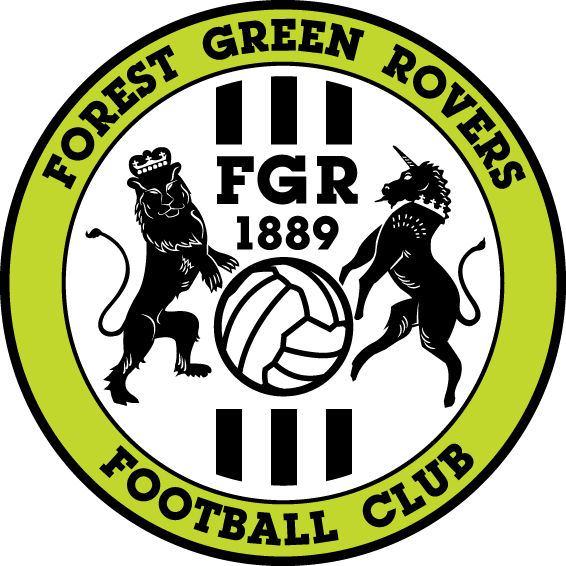
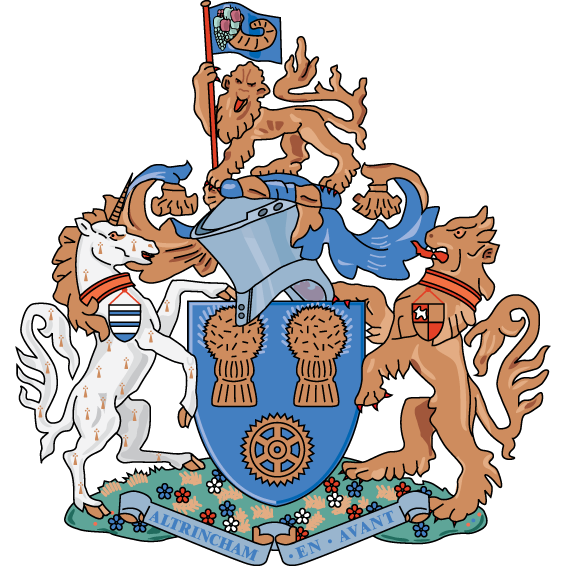

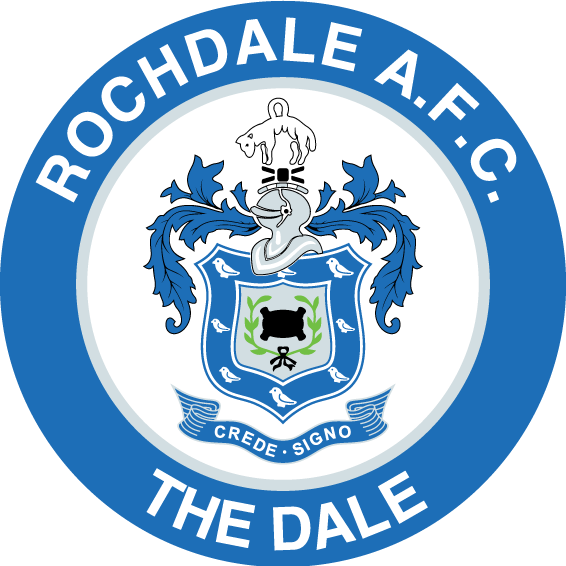
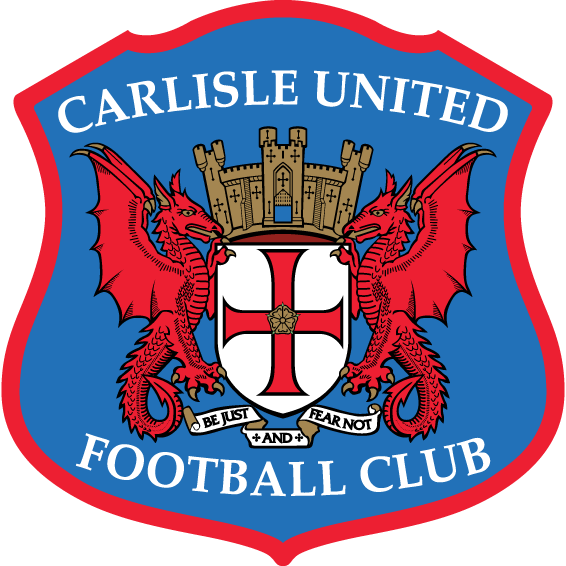
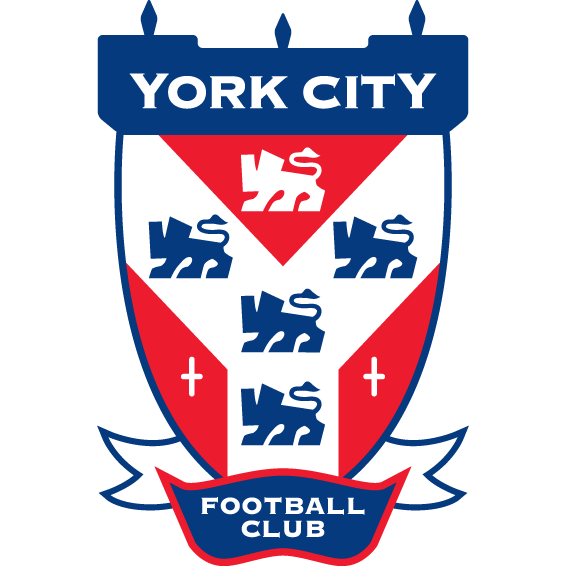




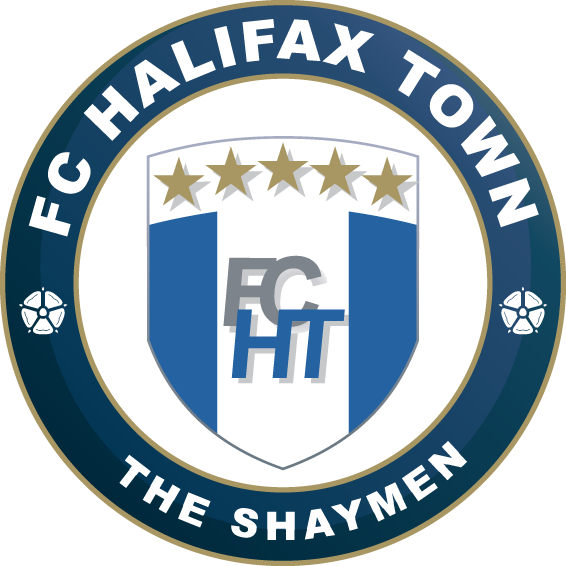






















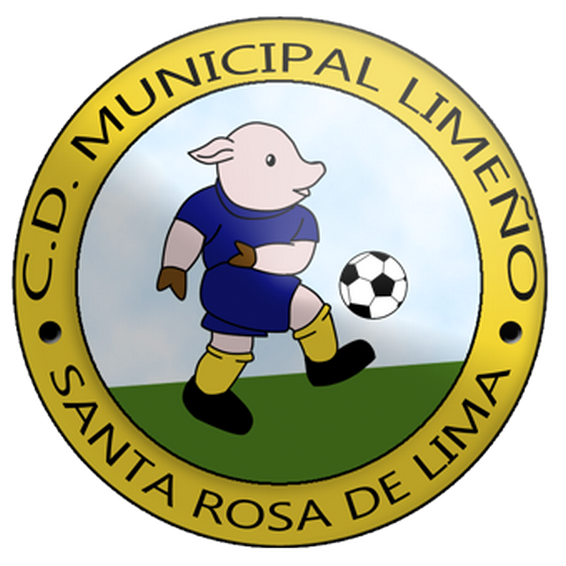









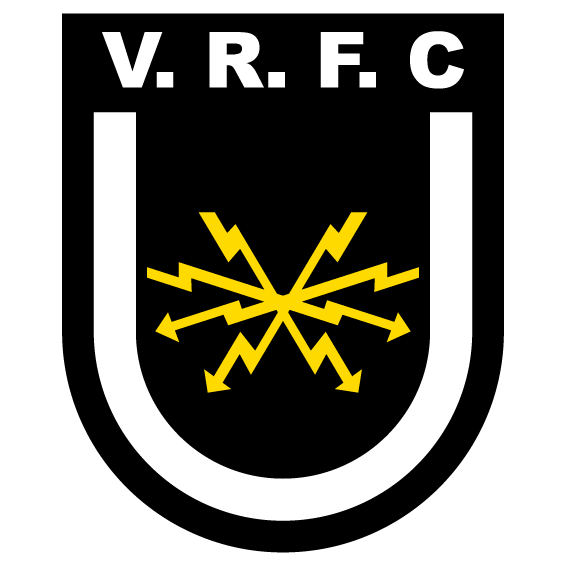















































There are no comments yet. Be the first to comment!